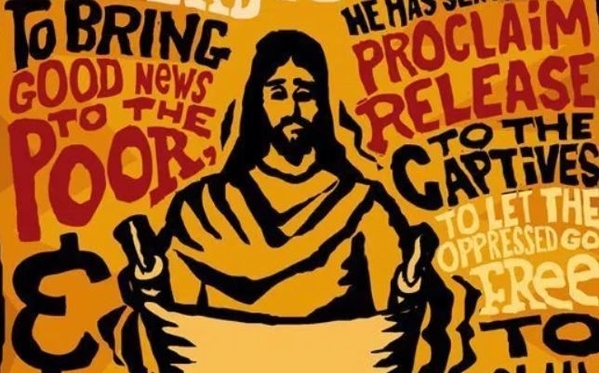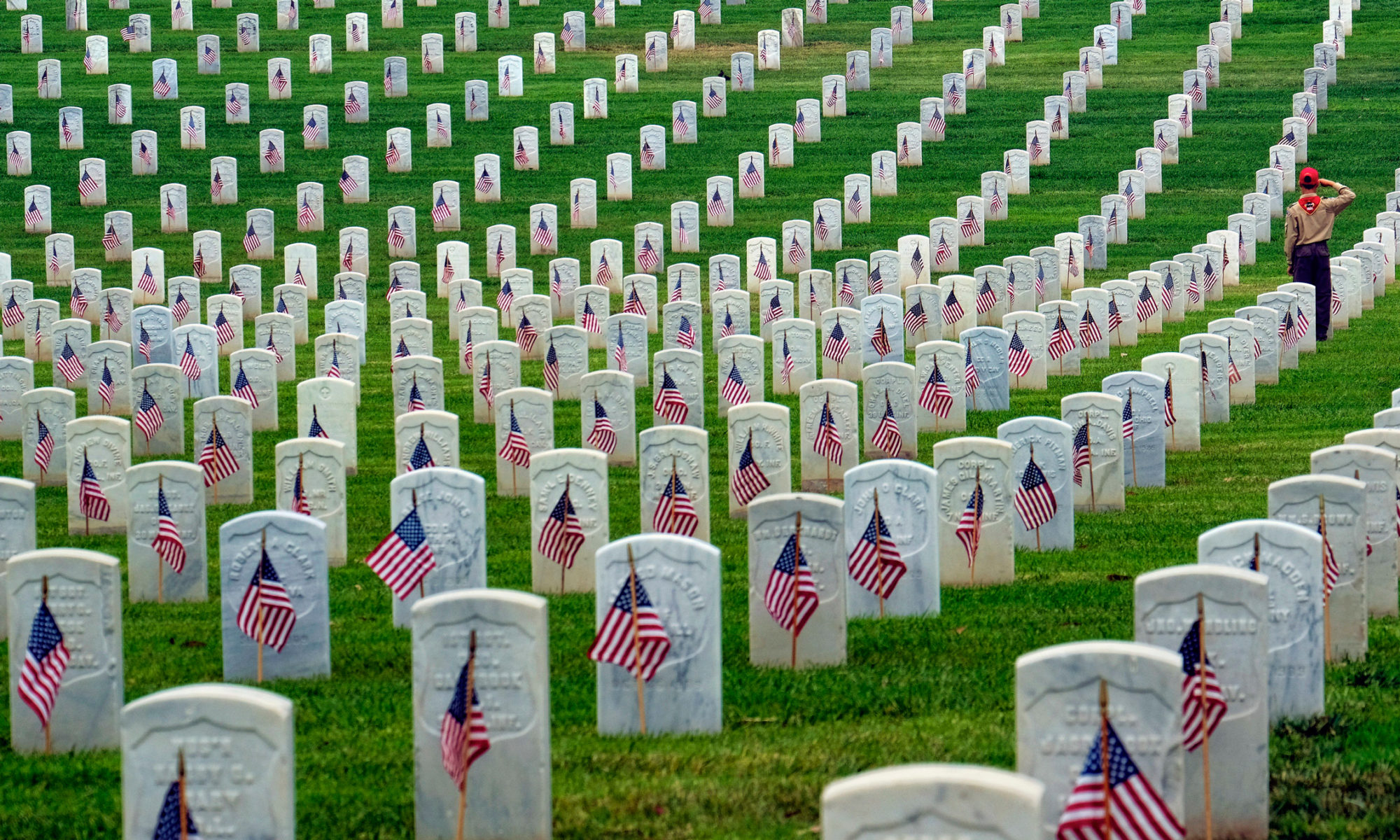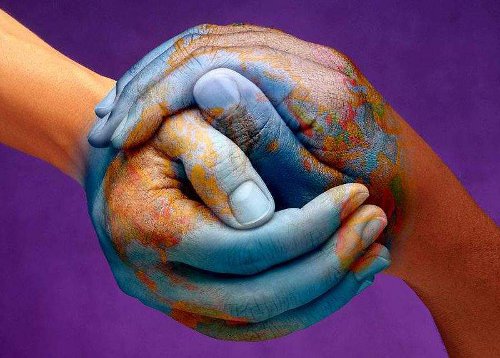Reflections on being seen and supported (or not) by family and community as you come home changed, or as you embark on a journey, a mission, a life’s adventure
And this is it. This is the life we get here on earth. We get to give away what we receive. We get to believe in each other. We get to forgive and be forgiven. We get to love imperfectly. And we never know what effect it will have for years to come. And all […]




